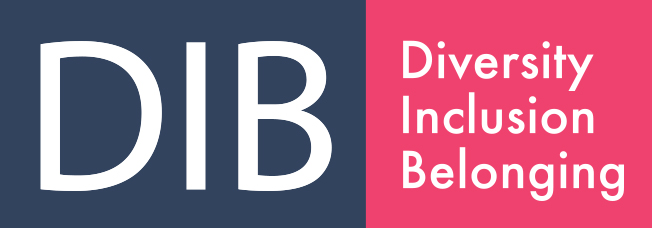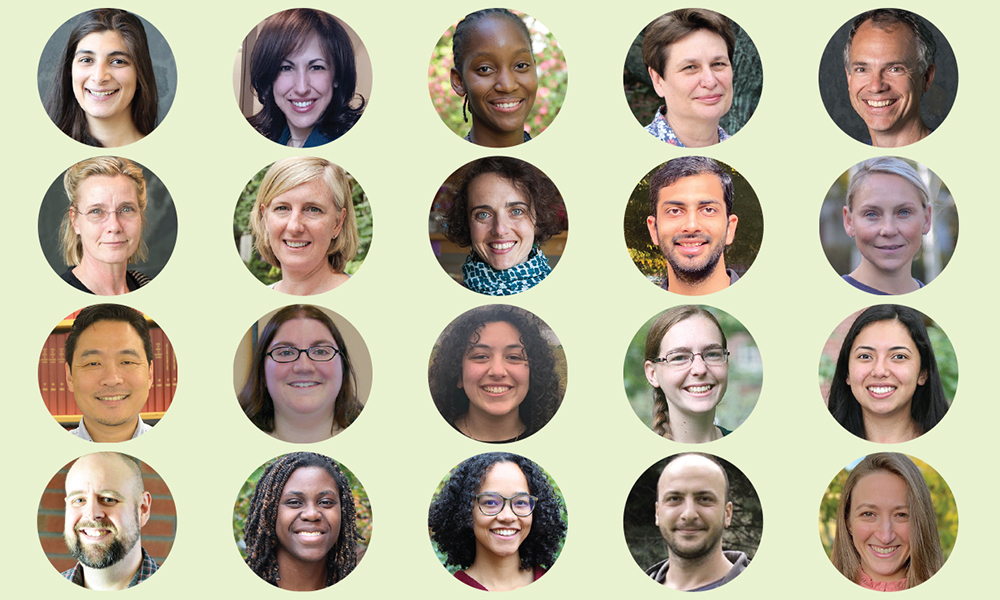Last year, in response to ongoing concerns of inequality and bias in STEM, MCB launched the Community Task Force (CTF) on Diversity, Inclusion, and Belonging (DIB). The task force includes people from across MCB—faculty, staff, postdocs, graduate students, and undergraduates alike—who convene via Zoom to discuss issues around diversity, equity, and inclusion and find ways for MCB to do better.
“There’s so much value in reaching across different stakeholder groups and hearing what their experiences are, and I’ve learned a lot from this experience,” says Associate Director for Faculty Services and CTF member Michelle Cicerano. “It’s been very rewarding.”
The CTF’s official website launched last week. The page features the CTF’s mission and ongoing projects, as well as links to resources. Among these resources is a virtual form for sending feedback and reporting incidents anonymously.
During initial meetings in June, the CTF members quickly realized that tackling complex issues of identity and equity would require focused attention on different facets, so they formed smaller working groups within the CTF.
These include the Seminars Working Group, which has focused on inviting speakers from diverse backgrounds to give talks at MCB; the Missions & Values Working Group, which drafted MCB’s new mission and values statement; the Communications Working Group, which helmed the web site project; and the Undergraduate Engagement Working Group, which has put together a new MCB New Concentrator Welcome Package designed for and by undergraduates.
Meanwhile, other CTF working groups on Faculty Engagement, and Recruitment & Retention are focused on bringing more people into the Diversity, Inclusion, and Belonging conversation. A complete list of CTF working groups and accomplishments can be found here.
“One thing we are pushing is normalizing the discussion of diversity, inclusion, and belonging in all spaces,” says MCO student Paula Pelayo (G3) of the Balskus Lab who is a member of the CTF Seminars Working Group and the Governance Working Group. “One thing we have encouraged is for faculty to participate in workshops and seminars related to these topics and report back to [other] faculty…We want to push for these conversations to happen at all levels, to value the work that goes into diversity work, so that it’s not something that’s considered extracurricular.”
The Governance Working Group serves as the CTF’s connective tissue. In addition to helping other working groups interface with each other and with the department leadership, the Governance Working Group has developed guidelines for non-hierarchical ways to hold discussions and make decisions.
These methods are grounded in a management technique called “sociocracy,” or “dynamic governance,” which centers on participants’ consent and honoring everyone’s opinions—while still making decisions and moving toward the group’s goals.
“This work is inherently very messy. We’re intentionally bringing together stakeholders from as broad an intersectional perspective as we can, and that means people are bringing a lot of different ideas and a lot of different consequences into a format that hasn’t existed before,” says HR Coordinator Jack Rizutko, who is part of the CTF’s Governance Working Group. “We’re struggling together, and that’s what’s awesome…but it’s also going to continue to be a struggle and continue to be messy. It’s a very iterative process.”
Non-faculty representatives from the CTF have also joined all of the major departmental committees in order to facilitate communication between the CTF and the rest of the department. “This is to help facilitate discussion around equitable practices in the rooms where important decisions are being made,” Cicerano says.
Postdoc Mustafa Talay of the Dulac Lab, who is also a member of the CTF Governance Working Group, adds that right now, the CTF’s goals include transparency, data collection, and sustainable methods so that the work on DIB issues can continue, even as student task force members graduate and others move on.
Any MCB community members, including undergraduates, who would like to reach out out to the CTF or get involved can do so at mcb_diversity@fas.harvard.edu or use the anonymous online “drop box” if they would like to offer feedback or voice a concern privately. People who would like to get involved or perhaps join the CTF are encouraged to attend the task force’s Zoom open house, which will take place in the spring. However, everyone is strongly encouraged to check out the CTF’s website and to participate in conversations around diversity, inclusion, and equity issues across a variety of venues.



